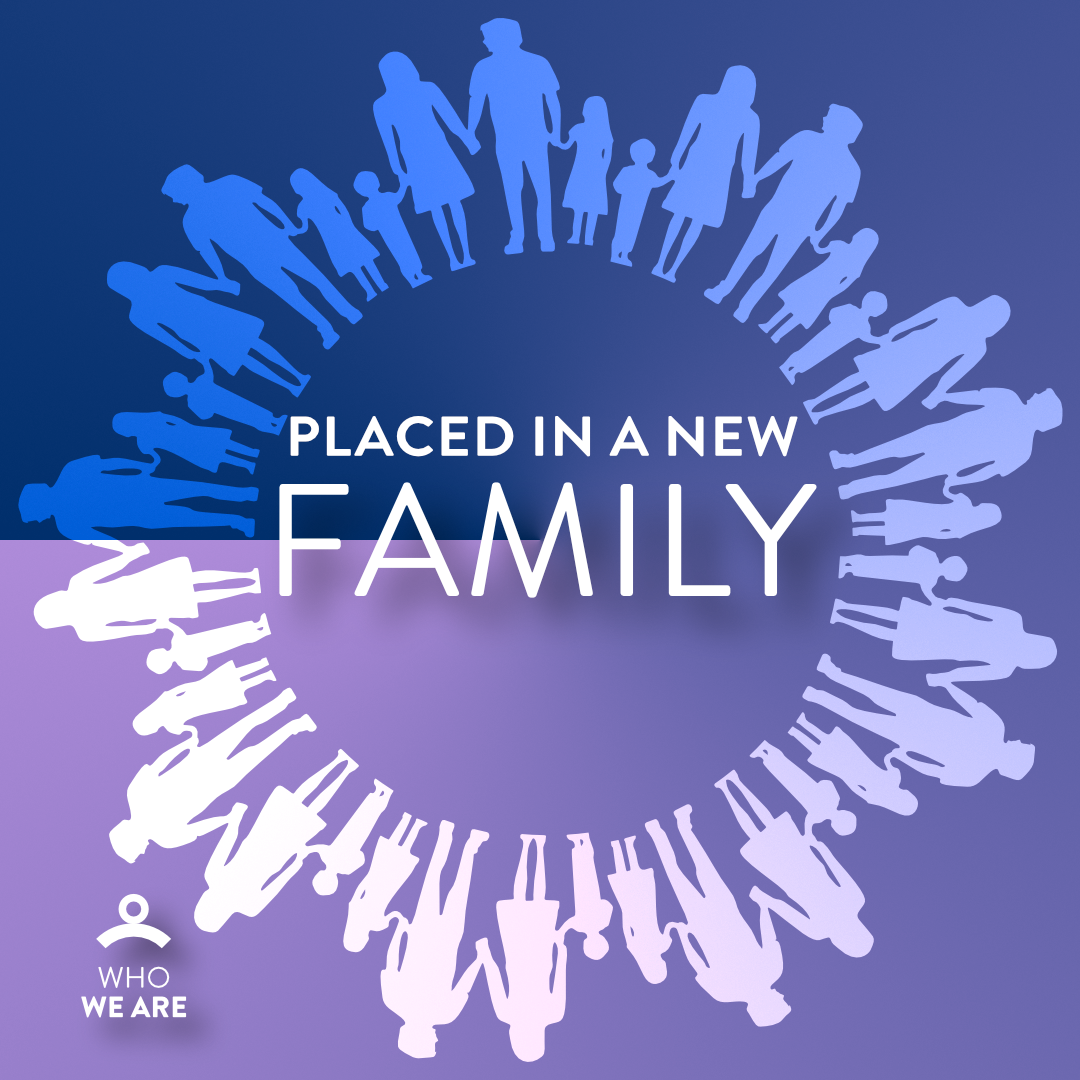KNOW Philemonಮಾದರಿ


WHO WE ARE: Placed in a New Family
Paul’s short letter to Philemon is saturated with highly relational language. In it, every person he mentions is described by a word or phrase reflecting his close relationship with them.
– Timothy: our brother
– Philemon: our beloved fellow worker; my brother
– Apphia: our sister
– Archippus: our fellow soldier
– Onesimus: my child, whose father I became; beloved brother
– Epaphras: my fellow prisoner
– Mark, Aristarchus, Demas, and Luke: my fellow workers
This is because Paul understood that Jesus’ death and resurrection did more than reconcile him with God. It also reconciled him with others—especially other Jesus-followers. He believed that those who put their faith in Jesus become a new family, members of the same household. (Ephesians 2:19; Galatians 6:10)
Paul didn’t just make this idea up. He got it from Jesus himself, who re-oriented his disciples’ concept of family when he suggested that the biological family was not the fundamental unit to which one belonged. When Mary and his brothers came looking for him, Jesus no doubt surprised everyone by pointing to his disciples and saying, “Here are my mother and my brothers! For whoever does the will of God is my brother and sister and mother.” (Mark 3:34-35)
In Philemon, Paul’s use of affectionate and familial language to refer to other believers reveals his commitment to and connection with them. They are his new and primary family, just as Jesus said.
If you identify as a follower of Jesus, you’ve been placed in a new family! Does that scare you? Encourage you? Affect your life in any practical way?
Scripture
About this Plan

This plan will explore what the letter of Philemon teaches us in four major areas. 1) WHO GOD IS: God’s character and nature 2) WHO WE ARE: the identity of humanity and/or believers 3) WHAT WE BELIEVE: core Christian doctrines 4) HOW WE LIVE: putting faith into action
More
ವೈಶಿಷ್ಟ್ಯದ ಯೋಜನೆಗಳು

Prayer Journal

The Fasting Companion

Radiant YTH Advent

The Advent Project: Week 1

Grounded in God's Presence: Understanding Triggers and Resting in His Peace

Philemon

God's Heart for Justice: A 5-Day Devotional on Compassion and Action
Charis Bible College Summer Bible Reading Plan

What Is a Disciple?
